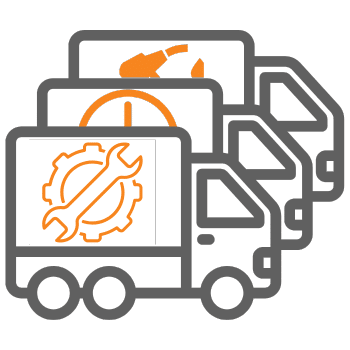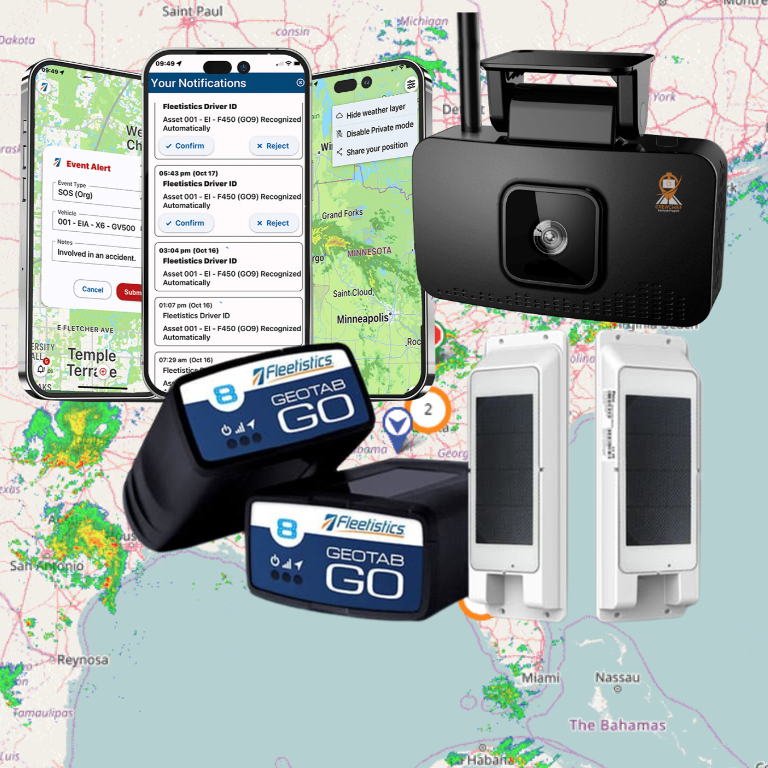Employee theft comes in many shapes and sizes.
Defined as any stealing, use or misuse of an employer’s assets without permission, employee theft hurts everyone. Employee theft, mostly time theft, is a real problem in our culture. Here are some examples of employee theft that come to mind.
- Selling company data to competitors
- Misuse of company assets
- Theft of time (being on cell phone) by not doing the work one is being paid to do

There is a trickle down effect caused by employee theft.
Eventually, it hits the consumer’s wallet in the form of higher prices. For that reason, stopping employee theft is good for us all. It keeps the business profitable, customers happy with prices that aren’t inflated, and honest employees more content and secure in their jobs.
Maybe we don’t spend enough time talking with clients about using their GPS data to prevent or expose employee theft, but it can be a great tool. A few years back, a client called me because they suspected foul play. This client recycles used cooking oil into other products. They noticed a marked reduction in the yield they were getting from the oil cleaning process. In an effort to understand what had changed, they looked back at their GPS tracking history. They spotted some unauthorized stops in their GPS tracking data, and called me to see what to do next.
After creating a zone around the unauthorized stop location, we reprocessed several months of data against the new zone. Reports showed both history in the zone and a pattern. That was the information that told the story. Not too long after, the Baltimore Sun reported “Three charged in Hartford in $1 million scheme to steal used cooking oil.” You can get the whole story here.

Employee Theft is Everyone’s Problem
It is so rewarding that Fleetistics and the products we represent make a measurable difference. Above all it reminds us when we are confronted with a real-world example like this. In this case, we had a part to play in stopping employee theft, and the trickle-down effects that theft would have had on others.














